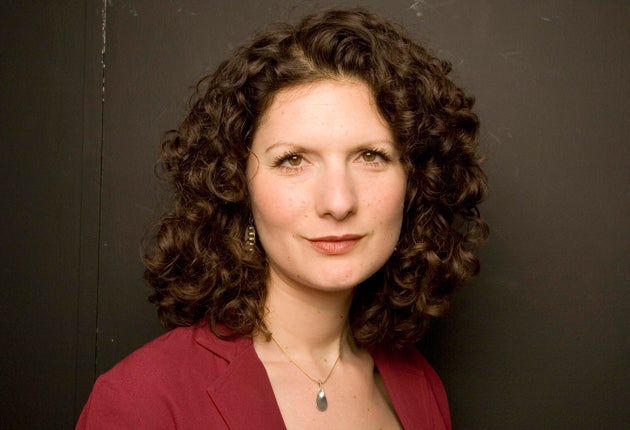Police attacked for using law to find sources of hacking leaks

The Metropolitan Police's decision to use the Official Secrets Act to try to force journalists investigating the News of the World phone hacking to reveal their sources was last night attacked by civil rights campaigners as a "misuse of power".
Scotland Yard announced that they intended seek a hearing at the Old Bailey in London next week to force The Guardian to hand over documents that would reveal who the sources were in key articles relating to the newspaper's disclosures on "the interception of the telephone of Milly Dowler." Revelations during the summer that the phone of the murdered schoolgirl had been hacked was the tipping point that led News International to close the NOTW. Articles written by Nick Davies and Amelia Hill on 4 July disclosed the illegal Dowler interceptions.
The police order demands that The Guardian hand over the documents it used in compiling the story. The formal application under section 5 of the Official Secrets Act 1989, claims the published material breached the Act.
The Met order claims Ms Hill could have incited police on Operation Weeting – which is looking into the illegal use of phone intercepts – to leak information relating to the Dowler family, the former NOTW editor, Andy Coulson, Rebekah Brooks, News International's former chief executive, and other arrested executives.
Alan Rusbridger, The Guardian's editor, said the newspaper "would resist this extraordinary demand to the utmost." John Kampfner, of the Index on Censorship, said: "This is a truly outrageous misuse of power. It's a misuse of the Official Secrets Act, which is already a very draconian piece of legislation." Tom Watson, the culture committee MP who has been prominent in exposing the scale of phone hacking, said that the police had failed to investigate wrongdoing at the NOTW for more than a decade. "It is outrageous that they are now trying to move against The Guardian."
Chris Bryant, the Labour MP whose phone was among the list of numbers held by the private investigator, Glenn Mulcaire, who worked for the NOTW, said "I cannot see how this is in the public interest. The Met lurch from refusing to examine material seized from Mulcaire, refusing to notify victims of phone hacking, and suddenly they try to pursue those who did the job should have done in the first place. It is extraordinary."
He added: "If it hadn't been for the investigative journalism of The Guardian and The Independent we would never have learned the truth."
The National Union of Journalists' general secretary, Michelle Stanistreet, described the Met's action as a "serious threat to journalists and the NUJ that will be fought."
The decision to use the Official Secrets Act to force disclosure of The Guardian's source is unusual. It was last used unsuccessfully 11 years ago when a military intelligence officer and author were arrested and documents seized from their home computers. The casewas eventually dropped. The Guardian's refusal to co-operate will generate memories of the Sarah Tisdall case. In 1989, Ms Tisdall, a clerk in the Foreign Office, copied documents relating to the basing of nuclear cruise missiles in the UK and sent them to The Guardian. The Government took legal action against the paper andforced it to hand over the documents. Ms Tisdall was identified and sentenced to six months in jail.
